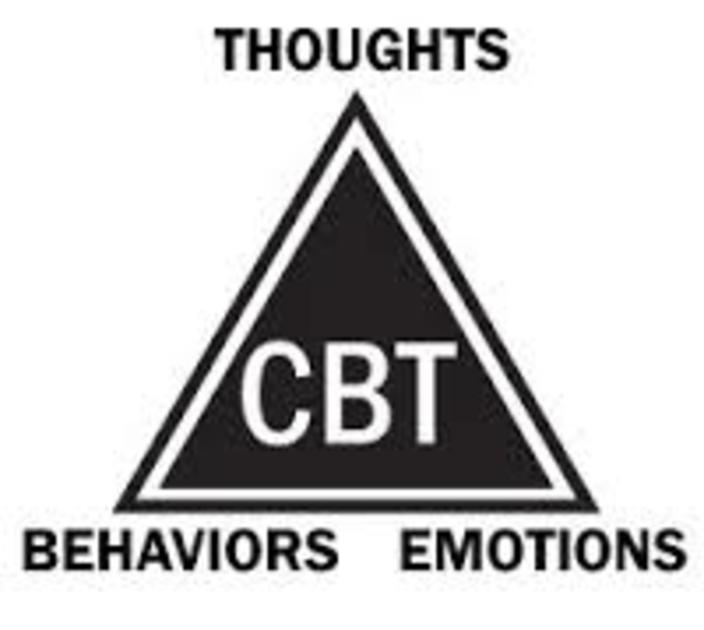
Question: I’m married in my twenties with some kids and have been struggling with general anxiety. I’ve been seeing a therapist for a couple of months now and she’s really helped me a lot on the “uncovering” aspect through looking at my childhood. I now know that it’s not a surprise that I have insecurities as an adult. But how do I get to the healing aspect? She says that talking over and over about those childhood experiences eventually ends up healing the subconscious. I don’t see how that works? Are there specific tools or steps to get there? What do therapists typically do to "heal" the subconscious?
You ask an intriguing question and may receive different responses depending on the approach of the specific therapist. As a therapist, who practices cognitive-behavioral therapy (CBT), I will share our formulation.
CBT is based on a theory that it’s not events themselves that upset us, but the meanings we give to them. Negative thoughts cause us to interpret life events in a negative direction. For example, a bochur may say things like “I can’t go to Yeshiva today. I space out half the time and I will never be a Talmid Chochom.” As a result of these thoughts and of believing them, he stays home. By doing this, he won’t have the chance to find out that his prediction was wrong. He may have been somewhat productive and slowly reach HIS potential. Instead, he stays home, ruminating about his failure to go, and ends up thinking “Why can’t I do what everyone else does? I am just a loser and a nebach!” This thinking makes him feel even worse and more likely not to go the next day. Thinking, behaving, and feeling like this begins a downward spiral.
These negative daily thoughts stem from core beliefs that we develop about ourselves, other people, and the world we live in. These beliefs begin forming during our childhood based on various experiences and messages from our parents, extended family, teachers, friends, and general society. We then tend to see these beliefs as absolute truths even though they may not reflect reality. They become so much a part of us that these underlying beliefs go unnoticed and unchallenged and affect our daily thought patterns and lives. They even determine to what degree we see ourselves as worthy, safe, competent, and loved. For example, if this bochur was too often criticized in childhood, he may have developed a belief about himself that he is inadequate and incapable. This deep down belief of inadequacy influences him in many ways such as not even trying to accomplish things that he is really capable of, and underlies the day-to-day behavior described in the preceding paragraph.
From a CBT perspective, one changes these core beliefs first and foremost by identifying them. This is done in psychotherapy via various methods, primarily by first recognizing one’s daily thoughts. When one fully grasps their core beliefs and recognizes how they emerged more from early experiences than from actual reality, they automatically begin to seem less believable. Over time, people come to the realization that perhaps they really are worthwhile or adequate or lovable or capable! The increased awareness creates the ability to slowly question the beliefs and the many daily thoughts that stem from these beliefs. In addition to challenging these thoughts and beliefs via direct questioning, replacement thoughts are developed and tested out through behavioral experiments. The bochur mentioned earlier would be encouraged to develop alternative thoughts such as “even learning a little will make me grow and be a Nachas Ruach to Hashem”. He may then be encouraged to actually go to Yeshiva with this new thought and test it out to determine if he does feel somewhat accomplished. Alternatively, he may engage in problem solving exercises to discover other methods of dealing with his overall difficulties. New thoughts along with many new positive experiences slowly lead to new core beliefs about the self, which enables further productive choices and a gradual upward spiral.
Please note that this is merely a very brief summary of CBT, which is a complex topic. For those who prefer more in depth reading, consider Mind Over Mood (Greenberger) or Feeling Good (Burns).
This originally appeared in the Yated Ne'eman
 Previous
Previous

